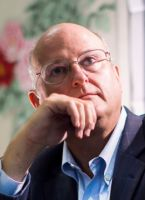
Thomas Reardon
Tom Reardon is a Professor in the Department of Agriculture and Natural Resources at Michigan State University. Tom’s research focus is on the links between international development and agribusiness/food industry. He researchers the transformation of agrifood systems (supermarkets, processing firms, wholesale and logistics, and agricultural support services) and their effects on farmer incomes, technology, and rural employment, and agrifood business strategies implementation of innovations via design of supply chains. He has researched value chains in Africa, Asia, and Latin America covering horticulture, fish, dairy, poultry, and grains. He has researched rural nonfarm employment and its links to food systems and agricultural technology adoption.
Tom’s recent and ongoing research is on rice and millet, poultry and feed, and processed maize value chains in Senegal, Nigeria, and Tanzania; fish value chains in Bangladesh, China, Myanmar; mango value chains in Indonesia; food consumption transformation in Africa and Asia; outsourced support services in mango and rice in Indonesia, China, Myanmar, and Nigeria; intermediate cities and rural territorial development in Latin America.
Tom holds an MS from Columbia University and a Ph.D. from University of California at Berkeley. He has been a Research Fellow at the International Food Policy Research Institute and a Rockefeller Post-Doctoral Fellow in Burkina Faso, attached to the University of Ouagadougou and ICRISAT. Tom was selected as Fellow of the AAEA in 2014, holds one of the highest Google Scholar citation counts among agricultural economists and is listed in 2003 Who’s Who in Economics.
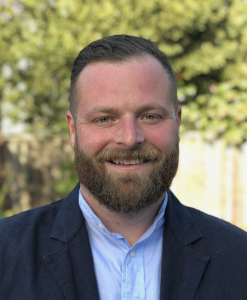
Drew Behnke
Drew Behnke is an expert in environmental economics, with specializations in econometrics and GIS mapping. He has extensive field experience in Southeast Asia, having managed development and policy research projects throughout the Greater Mekong Sub-region. His project experience has until now been related to the economic factors that influence human and animal health as well as climate risk in the agricultural sector. Drew holds a PhD in Economics from the University of California, Santa Barbara and he holds a BA in Economics from the University of California, Berkeley.
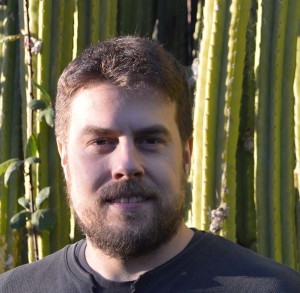
Sam Evans
Sam Evans is an expert on energy economics and econometrics. He has worked extensively in the areas of agricultural, energy, and environmental policy and modeling. His recent research has focused on modeling global land-use change and the environmental impacts of bioenergy production. Sam is also a principle investigator at the Energy Biosciences Institute at the University of California, Berkeley. He holds a PhD in Agricultural and Resource Economics from Colorado State University where he was a National Science Foundation IGERT Fellow.
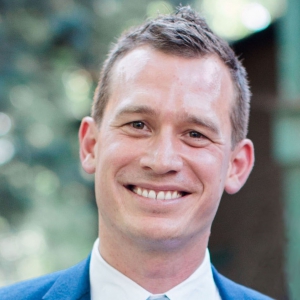
Samuel Heft-Neal
Samuel Neal is an expert in statistics and econometrics, with special emphasis on spatial analysis. He has worked on a range of projects related to agriculture, the environment, and public health. Samuel uses empirical tools to provide policy relevant evidence on issues such as the impact of environmental policies on disadvantaged communities in California. He also has extensive field experience in Southeast Asia, having managed development and policy research projects throughout the Greater Mekong Sub-region and speaks three regional languages. Samuel holds a PhD in Agricultural and Resource Economics from the University of California, Berkeley and he holds a BA in Economics and Statistics from the same institution.
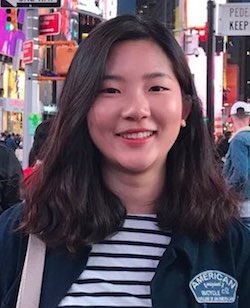
Lucy Shim
Lucy (Myung Eun) Shim is exploring different research topics linking economics, climate change, energy, and the environment. She has worked on consulting projects and research into renewable energy, smart grids, urban heat island effects, has done field work on climate adaptation in rural Nicaragua. Lucy speaks Korean, Mandarin, and Spanish, and holds a Bachelor’s degree in Environmental Sciences and Environmental Economics and Policy from the University of California, Berkeley.
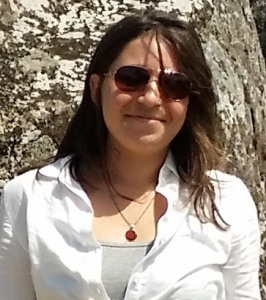
Tessa Emmer
Tessa Emmer’s areas of focus include resource management, community development, and mixed methods research design. Tessa has field experience in SE Asia and Africa, having managed development and research projects in Lao PDR, Myanmar, and Cambodia, and in Madagascar supervising a reforestation and community development project connecting patches of remnant rainforest. Tessa holds a Master’s Degree in Development Practice (MDP) from the University of California, Berkeley, and a B.A. in Economics and Environmental Studies from Oberlin College.
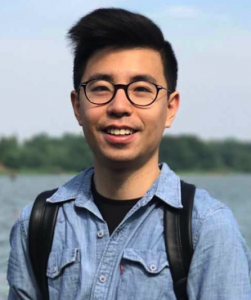
Zhifeng Wang
Zhifeng Wang is a policy analyst in international development and environmental economics. He has worked on consulting and research projects related to energy, environmental management, agriculture, public private partnership and regional trade. In his most recent work, he helped implement green growth initiative in rural Shishou, China. Zhifeng holds a B.S. in Environmental Science from Fudan University and will complete his Master’s Degree in Development Practice from the University of California, Berkeley in the Spring of 2018.
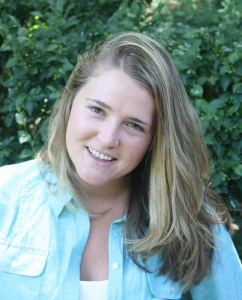
Jessica Clayton
Jessica Clayton is an international development policy analyst and program evaluation specialist. She is a returned Peace Corps volunteer with additional expertise in program design and management, international fundraising, community engagement, survey design, distribution, and analysis. Jessica is certified by the U.S. National Institutes of Health for human research, fluent in spoken and written Spanish as well as oral Guarani. She has over 4 years of field experience throughout Latin America and South Africa. Jessica holds a Master‘s Degree in Development Practice degree from the University of California, Berkeley.
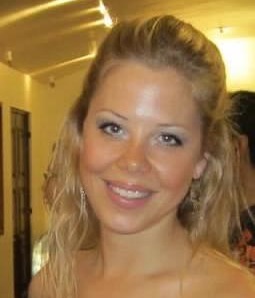
Kamila Demkova
Kamila Demkova is a development policy expert. Kamila has extensive knowledge in policy analysis, econometrics, project development, impact evaluations and management. She has supervised household surveys and data collection in South Africa. Kamila holds a Master’s Degree in Development Practice from the University of California, Berkeley and a B.A. in Economics and International Relations and a certificate from Pontificia Universidad Catolica de Chile. She is fluent in Slovak, English, German, Czech and Spanish.
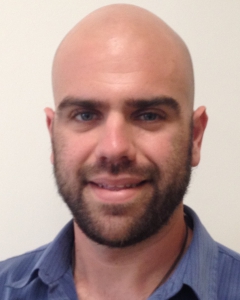
John Grams
John Grams is a development policy expert. He is a Returned Peace Corps Volunteer who served two years in Thailand, and has extensive field experience in Thailand, Mongolia, and India. John has also worked for International Student Volunteers, Inc. as a project leader for student volunteer projects pertaining to environmental restoration, community development and education. John is interested in issues relating to climate change, sustainable agriculture and supply chain development. He is proficient in benefit-cost analysis, project design and management, monitoring and evaluation, spreadsheet modeling, and impact analysis. John holds a Master’s Degree in Development Practice from the University of California, Berkeley and a Bachelor’s Degree in Political Science from UC Santa. He speaks Thai, Lao, and some Khmer.

Naa Barkor Pierre
Naa Barkor Pierre is an international development policy expert. , She specializes in sustainable natural resource management in the energy, forestry, and mining sectors, with field experience in Ghana and South Africa. Naa holds a Master‘s in Development Practice degree from the University of California, Berkeley, and a Bachelor’s Degree in Economics and French and Francophone Studies from Vassar College.
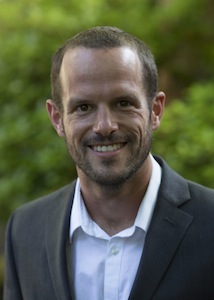
James Tinker
James Tinker has a professional background that spans resource management, education, and community development - in the public, private and NGO sectors. He hold a Master’s Degree in Development Practice from the University of California, Berkeley where his studies focused on synthesizing methodologies from business, urban planning, public health, economics, and public policy to improve the social and environmental impacts of organizations working in the developing world. His research includes monitoring and evaluation of public health in African slums, assessing climate change mitigation policy, testing business models for technology uptake among smallholder farmers, and market analyses for cleantech companies pursuing business in the Global South.
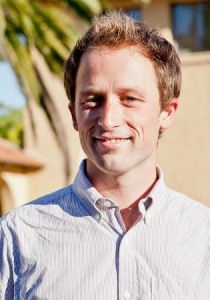
Ryan Triolo
Ryan Triolo is an expert in energy and environmental economics, with specializations in climate risk and international development. He has extensive field experience in Southeast Asia, having managed development and policy research projects throughout the Greater Mekong Sub-region. Ryan holds an MA in Public Policy - International Policy Studies from Stanford University and he holds a BA in Economics from the University of California, Berkeley.

